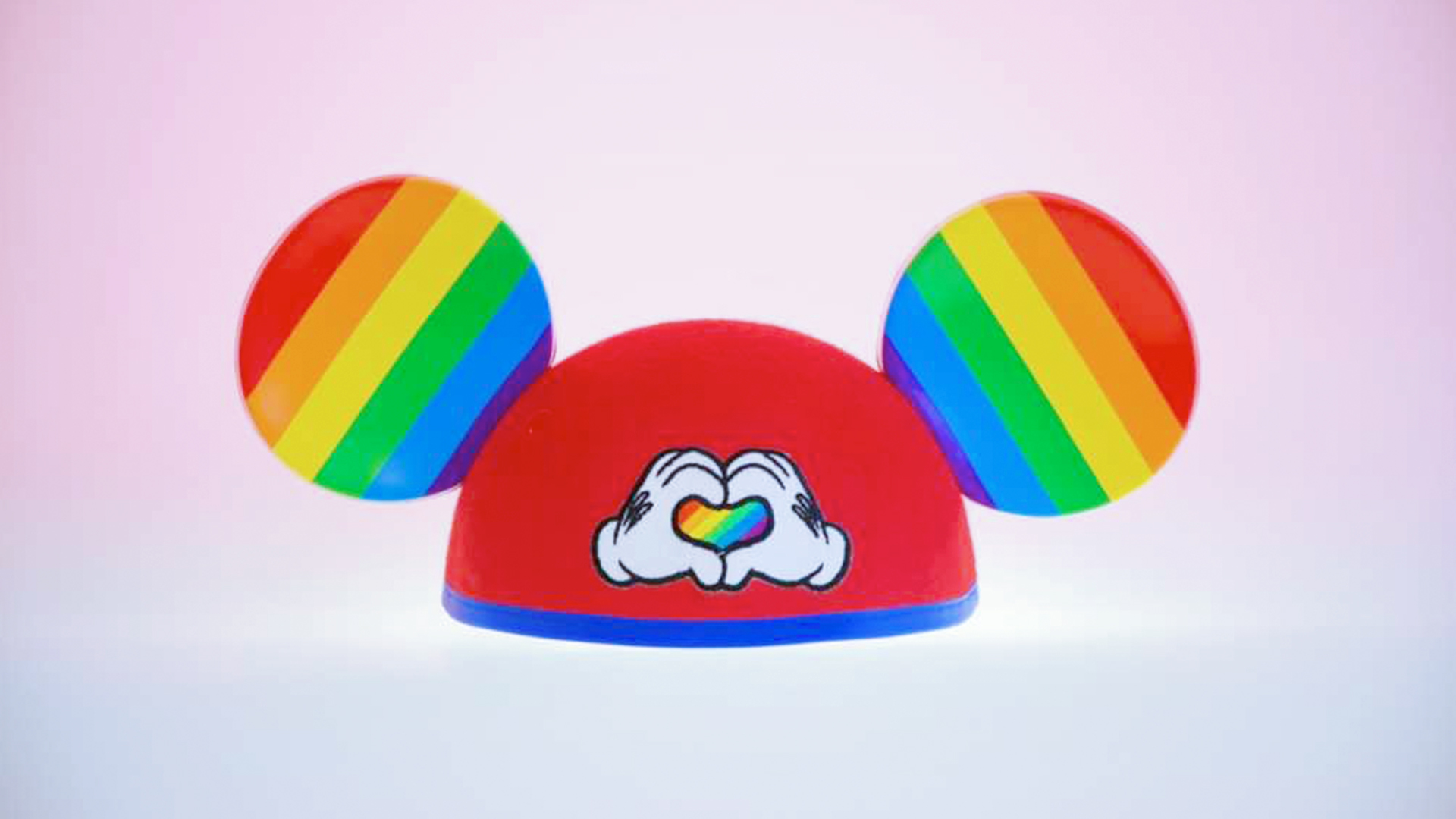
Long considered the place to turn for family-friendly entertainment, recent moves and statements by the Walt Disney Company indicate a turn toward a cultural agenda that threatens that legacy and possibly its future.
“I grew up with the Wonderful World of Disney on Sunday nights and you curl up with a blanket with your family and watch a great Disney movie and that that company doesn’t exist anymore,” said Adam Holz, Director of Focus on the Family’s Plugged In.
Back in March, Disney made headlines for publicly opposing a Florida law that bans public school lessons including sexual orientation and gender identity in kindergarten through third grade. Since then, top executives have signaled a greater shift towards telling stories that explore those topics.
Whistle blowers from Disney sent internal videos to conservative activist Chris Rufo, citing concern about the company’s direction.
In one video, Latoya Raveneau, Executive Producer of Disney Television Animation, said, “I don’t have to be afraid to have these two characters kiss in the background. Like I was just, wherever I could, adding queerness.”
In another video, President of Disney General Entertainment, Karey Burke said, “now we know, as my son texted me this morning, ‘Gen Z is 30 to 40 percent queerer than other generations, mom, so Disney better get with it.'”
Burke went on to express support for increasing LGBTQ+ characters in entertainment content, with a goal of 50 percent of all regular and recurring roles across the Disney universe coming from “underrepresented groups.”
“Disney has been a little bit on the slow end to make some of those changes, but now it feels like they have jumped to the forefront and they have said, ‘We’re not only going to represent but we are going to be in an activist position promoting this agenda,'” Holz told CBN News.
The Disney-Pixar film, Lightyear, out this month, features a lesbian couple, and Thor: Love and Thunder, due out in July, has a major LGBTQ lead character.
Holz says in an effort to stay culturally relevant, Disney is losing touch with a large portion of its audience.
“There are parents saying, ‘Wait a minute, why do we have to import a sexual message into kids programming?’ And so even if we talk beyond this specific LGBT agenda, I think there’s concern that why does everything have to be sexualized? Is it possible to just have entertainment that’s innocent, that leaves that for later and doesn’t bring that into everything we’re doing,” Holz questioned.
According to a Trafalgar Group national survey, nearly 70 percent of American voters say they are less likely to do business with Disney due to their push to expose young children to sexual ideas.
“Disney was absolutely synonymous with trust. There’s all this other stuff out there, but Disney was okay. And now, this is just another entertainment provider and we don’t trust them. And we don’t want that agenda necessarily preached to our children,” explained Holz.
This has led to calls to boycott or cancel Disney, and while some families are choosing to cut the cord, Holz says, ultimately this is an opportunity for people to be more intentional about their entertainment.
“I don’t think we have to say we can never watch a Disney movie again…it’s stepping away from the trajectory of how we get our entertainment and stepping into a more intentional place in terms of what are we going to watch? Why are we going to watch it, and how are we going to do that,” Holz said.
One alternative gaining steam is Angel Studios. It focuses on content from independent creators and follows a unique customer model: the audience is in complete control.
“They get to decide what gets green-lit, the creators actually get bonuses because the audience is giving feedback, and when the creators produce what the audiences are expecting, then the creators get bonuses,” explained Neil Harmon, CEO and Founder of Angel Studios.
One of the company’s most groundbreaking efforts is The Chosen. Harmon says the series became such a hit because it was every day people, rather than Hollywood executives, choosing the content they wanted to see.
“They’re more connected than anyone because they’re parents or they are children, or they are grandparents. People who just want these stories told in a way that they can relate to and that matches their values,” Harmon told CBN News.
Other streaming services becoming popular alternatives include Pure Flix, Minno, and DW Kids. Another option is just sticking with the classics.
“I think an interesting alternative is just rewinding the clock a few years. I don’t know about you. We have a cabinet full of movies right on DVD and Blu-ray,” Holz said.
He shares some key advice for parents navigating the ever-changing entertainment world, talk with your kids. Conversations about content they’re watching and ideas coming at them can help teach critical thinking and ultimately shape their worldview, rather than allowing the agenda of Hollywood to do it for them.
The remainder of this article is available in its entirety at CBN